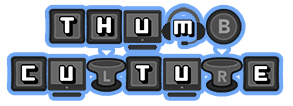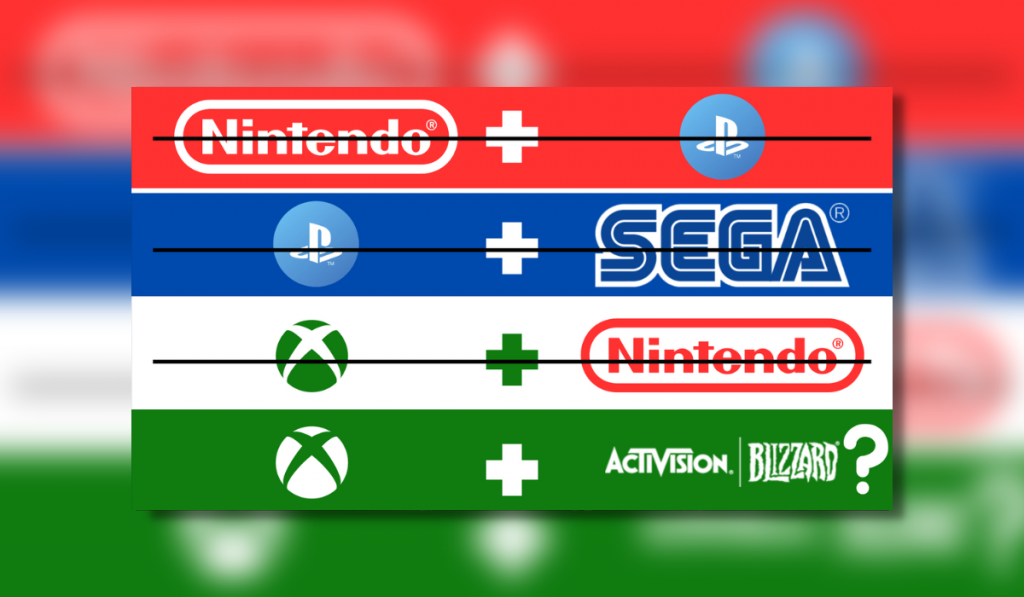
Failed mergers and collaborations over the years have shaped the videogames industry as we know it. There have been so many sliding doors Game Over moments that we could so easily have a different gaming landscape today.
Failure doesn’t mean GAME OVER!
With Microsoft’s potential acquisition of Activision Blizzard hanging in the balance, let’s take a look back at some of the pivotal events in history that have brought us to where we are in the modern era of video games.
Nintendo & PlayStation – Late 80’s
In 1988 Nintendo struck a deal with Sony to develop a CD- ROM add-on for the hugely successful SNES. Sega had been gaining huge ground on Nintendo with the Megadrive/Genesis and they needed to develop a way to stay ahead in the “Console War”. The partnership would see Sony develop its own console that would play SNES cartridges as well as its own proprietary CD format the Super Disc. This console was to be known as the PlayStation.
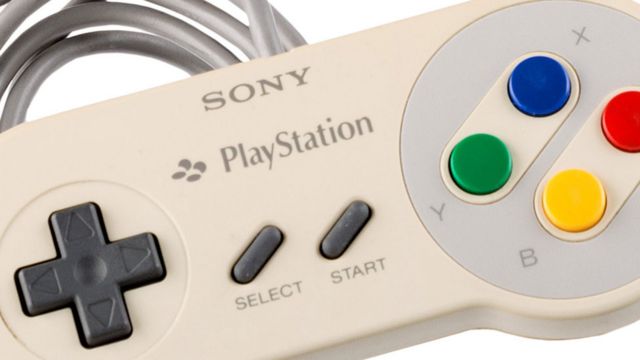
With Sony already having a foot in the games industry by developing the audio chip (the S-SMP) for the SNES, they were aware of how lucrative the business could be for them. Creators of games for Nintendo’s flagship were required to pay Sony for the use of their audio development tool. Nintendo however was eyeing a more favourable deal for them with one of Sony’s main competitors, Philips.
At CES 1991, Sony announced its SNES-compatible console the PlayStation, but the following day Nintendo announced their partnership with Philips for a CD add-on for the Super Nintendo.
PlayStation & Sega – Early 90’s
When the PlayStation deal with Nintendo fell apart, Sony approached Sega who at the time was Nintendo’s main rival in the home console market. The two companies held numerous meetings but ultimately could not agree on a shared vision for what the next generation of consoles would look like. Sony preferred a full shift to focus on 3D games while Sega didn’t want to abandon the 2D market.
With no deal being established Sega continued independently while Sony went full steam ahead on its plans for its PlayStation console. The market was now a 3 horse race between PlayStation, Sega and Nintendo.
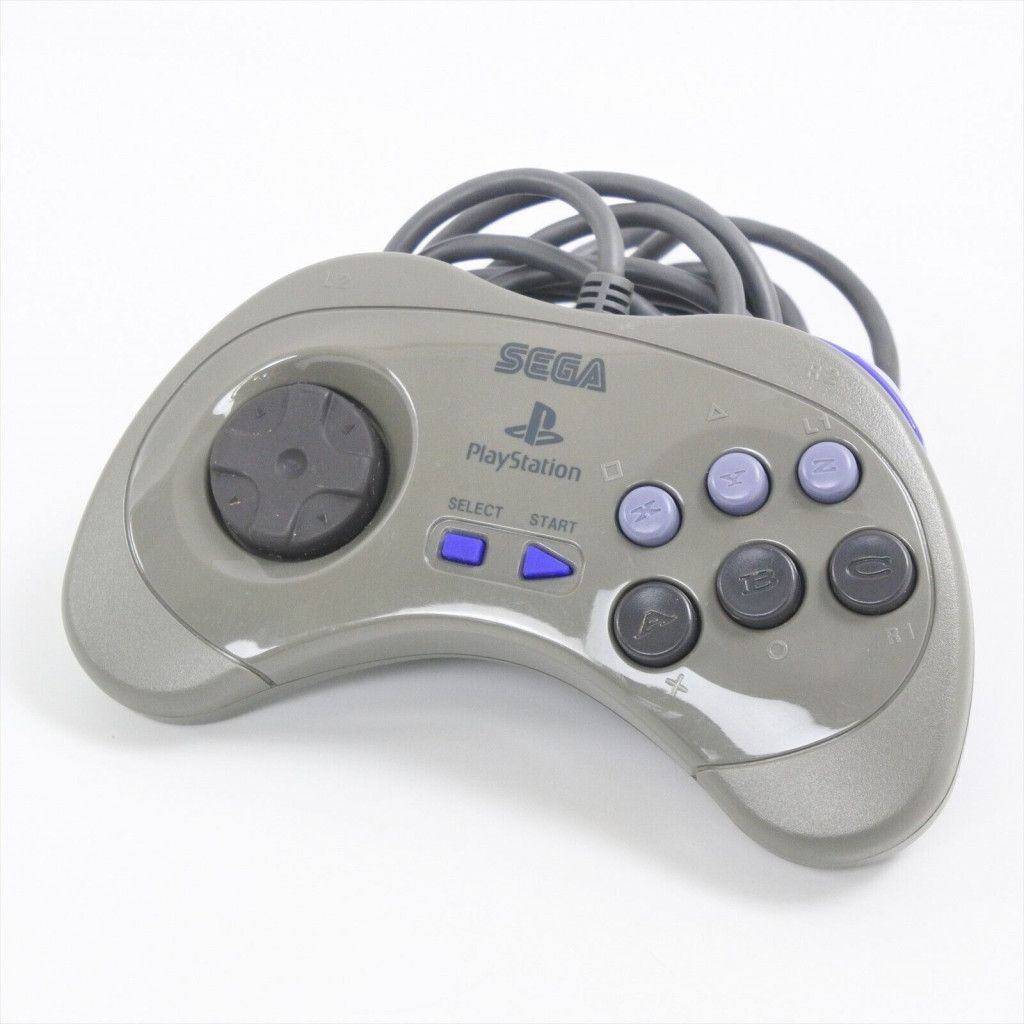
Sega went on to develop the Saturn console which was rushed as it tried to catch up to the power of Sony’s upcoming console. Nintendo meanwhile took its time developing the Ultra64 (N64) by delaying its release by a year. At the E3 conference in 1995, Sega showed off its Saturn console, its features and its games. It would be available for $399 and consumers wouldn’t have to wait until the planned launch that September. Instead, it was available right now in limited supply.
Sony had its own surprise in store as it followed up Sega with its own E3 conference later that day. In an infamous mic drop moment, Steve Race took to the stage to deliver more details about the PlayStation console. All he said was “$299” and left the stage. Sega was immediately in big trouble now, with no games and a more expensive console.
Sega ultimately exited the console market after its follow-up to the failed Saturn, the Sega Dreamcast also failed to find a market with stiff competition from Sony’s massively successful PlayStation 2.
Xbox & Nintendo – Early 2000’s
In 2000 and with Nintendo lagging behind PlayStation in hardware sales, Microsoft made a pitch to buy Nintendo. Their idea was for them to partner together, with Nintendo just focusing on software while Microsoft would take care of the hardware development. The deal never went ahead as Nintendo didn’t see it as a viable option. Microsoft went on to release its first console the Xbox in 2001. There was now a new player in the home console market competing with Sega Dreamcast, PlayStation 2 and Nintendo GameCube.
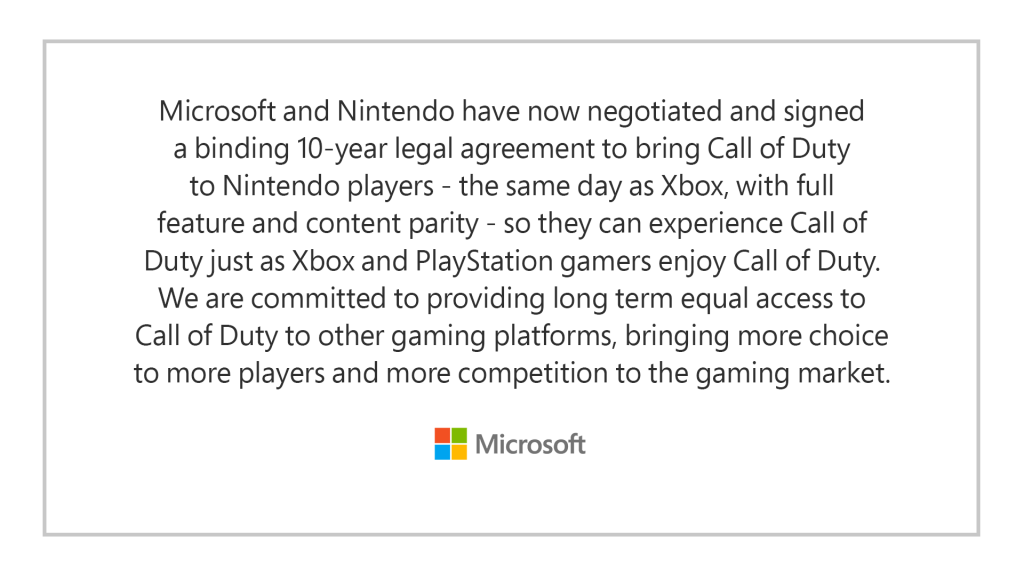
It’s clear to see that things could so easily have been different now had one of these outcomes gone another way. The Microsoft acquisition of Activision Blizzard will be a watershed moment for the videogames industry, regardless of whether it goes ahead or not.
Where things will be in 5 years is a guess to anyone but just look at how Sega has turned its fortunes from failure to success. Time will tell.
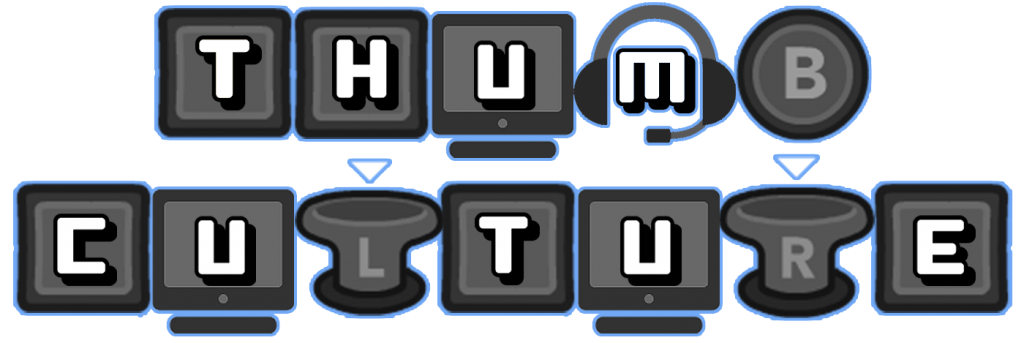
YouTube | Facebook | Twitter | Instagram | Discord | Podcast
